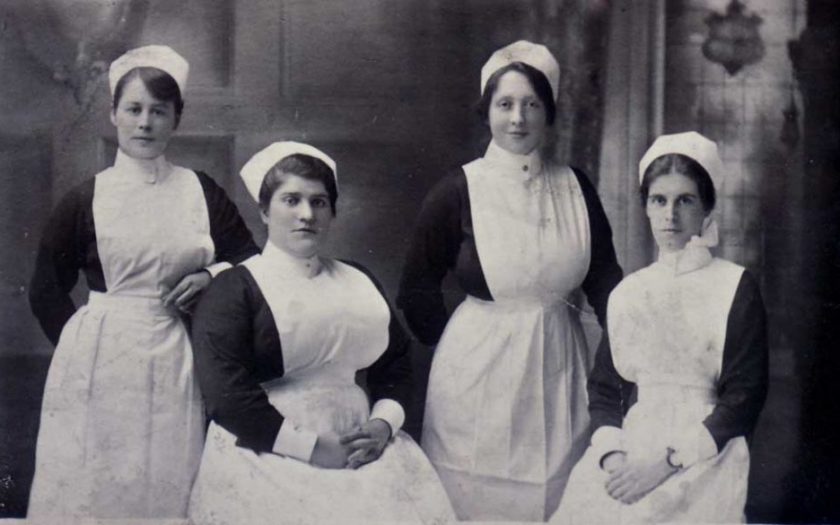Experts have warned that the NHS is facing a return to the ‘Victorian Age’ when it comes to learning disability care because of a critical shortage of specialist nurses made worse by Tory cuts to student bursaries.
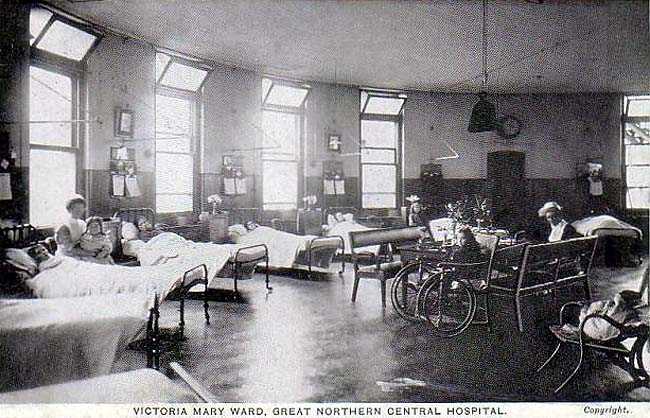
The ‘Royal College of Nursing’ has warned that without sufficient staff, patients needing extra support will need to be removed from their friends and families to be cared for at specialist centres.
The figures are disturbing. Since may 2010 there has been a 40% drop in numbers of learning disability nurses in England, official figures from NHS Digital show – falling from 5,368 in May 2010 to 3,247.
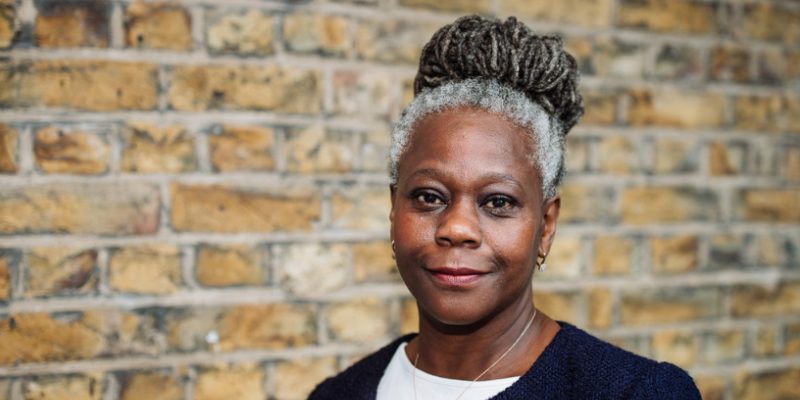
Dame Donna Kinnair
Dame Donna is the director of nursing, policy and practice at the ‘Royal College of Nursing’. She said: “The nursing shortage in England is harming some of the most vulnerable members of society.
Those with learning difficulties already face a lower life expectancy and poorer health outcomes than the general population, and a lack of specialist knowledge will make matters worse.
Without the specialist support provided by registered nurses, more patients may end up in institutions, away from their family and friends and shut off from society.
This bleak Victorian image is not what care should look like in the 21st century.”
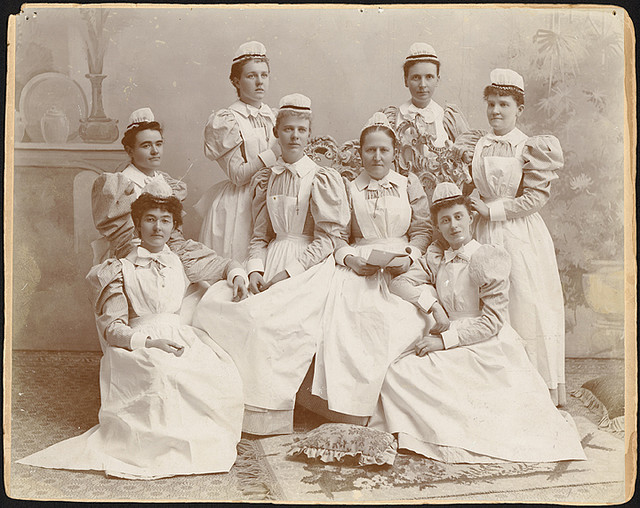
One of the future problems in overcoming the current situation is the Government’s decision to scrap bursaries to study nursing. This has led to severe drops in the numbers of mature students – the group most likely to specialise into shortage specialities like learning disabilities and mental health.
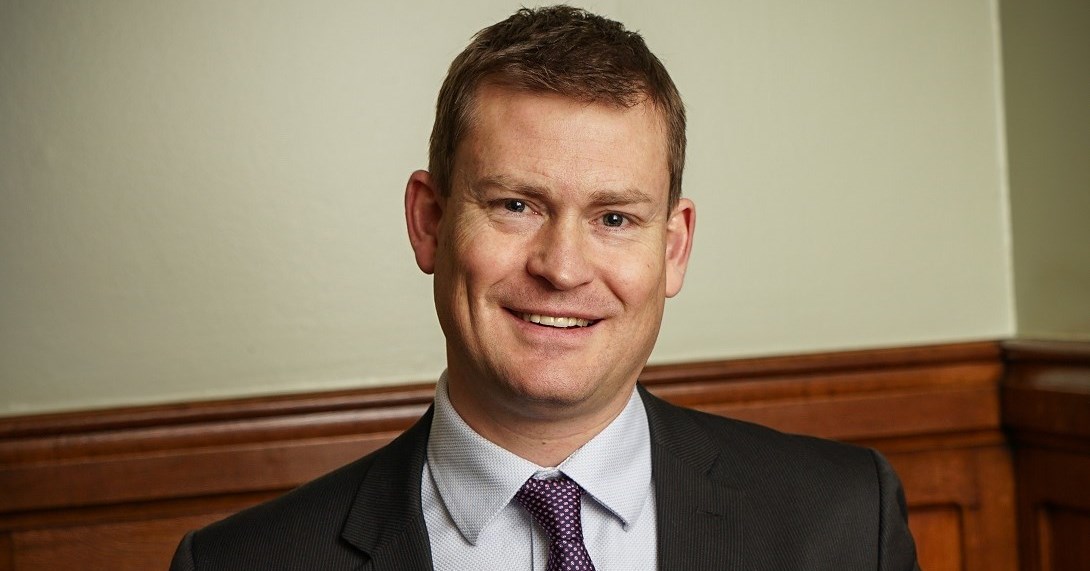
Justin Madders – Labour Shadow Health Minister
Justin Madders MP said: “The Royal College of Nursing’s powerful warning must serve as an urgent wake up call to the new health secretary.
Under this government learning disability nurses have been cut to the bone, and they appear to have gone quiet on their plans to attract more students into the profession.”

A Department of Health and Social Care spokesperson said; “We’re committed to ensuring people with learning disabilities receive high quality care and we are looking at how we can recruit more nurses into specialisms such as learning difficulties, including an accelerated post-graduate programme.
While there are now record numbers working in the NHS, investing in our workforce will continue to be a top priority and we recently announced the biggest ever increase in training places for nurses, doctors and midwives.”

